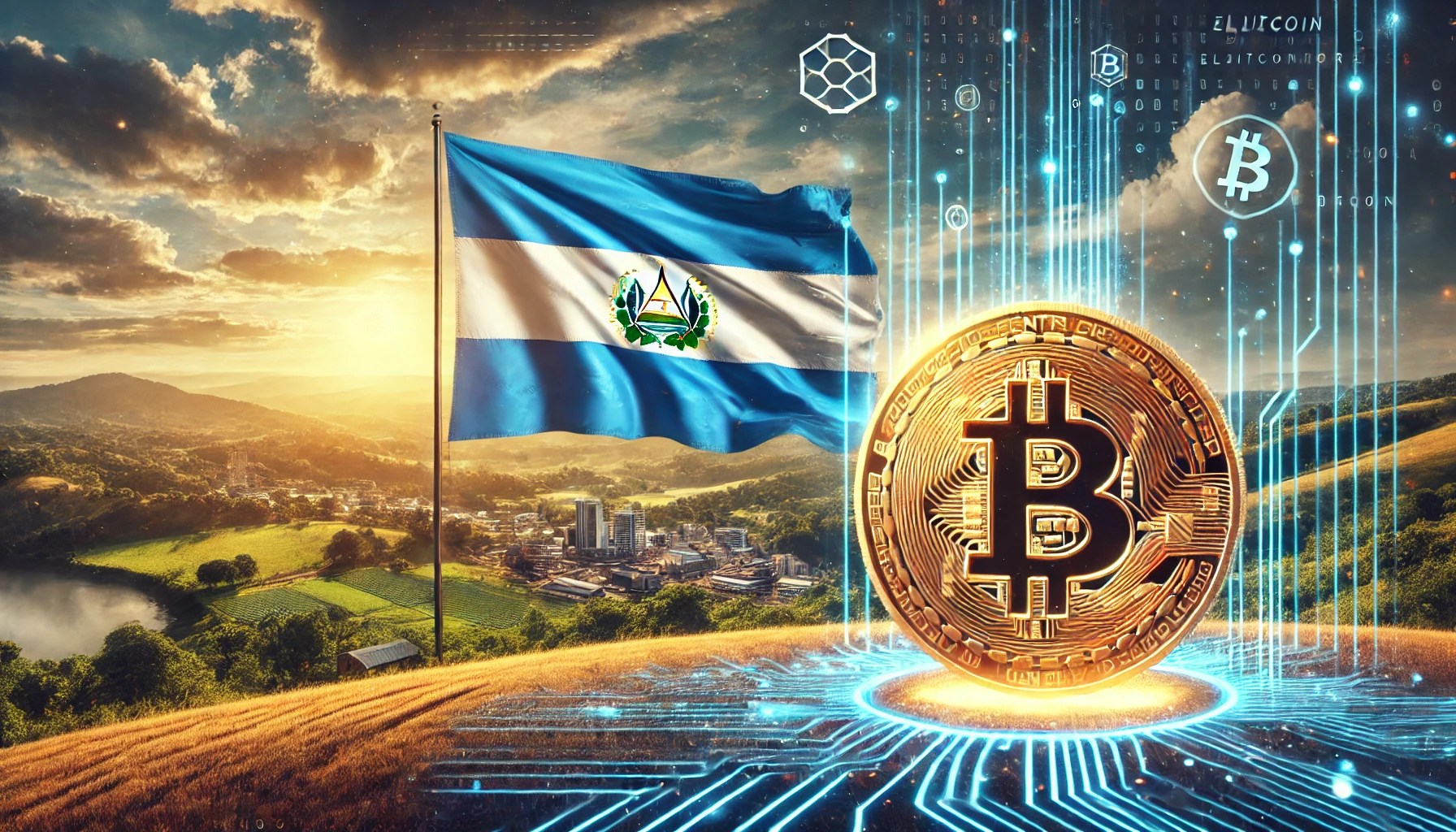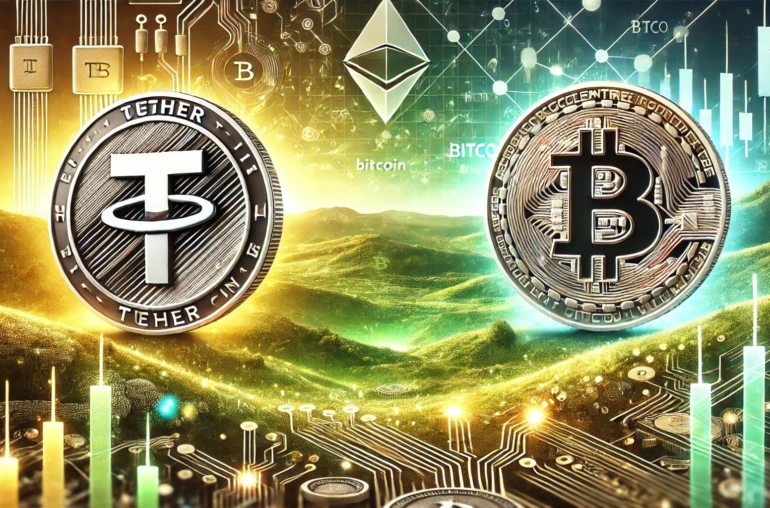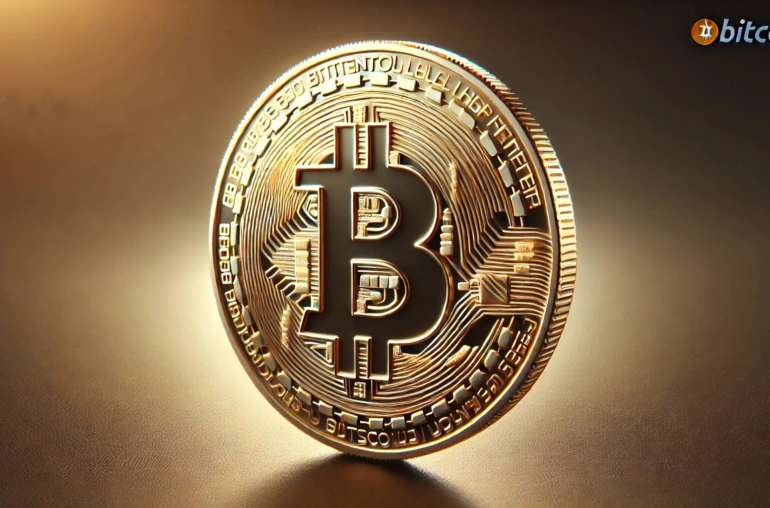El Salvador made headlines three years ago on September 7, 2021, when President Nayib Bukele announced the country’s decision to adopt Bitcoin as legal tender. This bold move also involved the country purchasing BTC to add to its reserves, a decision that has been closely watched by the global community. As El Salvador marks its third year of embracing BTC, it is worth examining the outcomes of this unconventional investment choice and evaluating its long-term implications.
The journey of El Salvador’s Bitcoin holdings began with the initial purchase of 400 BTC on September 6, 2021, just one day before the official announcement regarding the adoption of Bitcoin. The country acquired these coins at an average price of $46,811, amounting to a total cost of $18.724 million at that time. Since that first purchase, El Salvador has significantly expanded its Bitcoin treasury through subsequent large acquisitions. Within one year, the country’s BTC holdings surpassed 2,300 BTC, with ongoing purchases continuing to bolster its reserves.
As of the latest data available, El Salvador currently holds a total of 5,867 BTC. The average cost of acquiring this Bitcoin stash is reported to be $43,884. With the current BTC price exceeding $55,000, the country has realized substantial profits on its holdings. According to the Nayib Tracker website, El Salvador has accrued a profit of $34.55 million from its Bitcoin investments, reflecting a remarkable 25.88% gain over the past three years. Furthermore, the nation now ranks as the third-largest government holder of Bitcoin globally, trailing behind the US government with 203,238.74 BTC and the UK government with 61,245.01 BTC, as per data from Arkham Intelligence.
Despite the impressive financial gains from its Bitcoin holdings, President Nayib Bukele has affirmed that El Salvador has no intentions of selling its BTC. The president emphasizes a long-term perspective, viewing 1 BTC as equal to 1 BTC regardless of its dollar value. In terms of adoption, El Salvador has maintained a dual-currency system, allowing residents to choose between using the US dollar or Bitcoin for their transactions. The country has not enforced the adoption of cryptocurrency on its citizens, offering them the flexibility to select the currency that best suits their needs.
El Salvador’s commitment to its Bitcoin initiative remains unwavering, as evidenced by the launch of its BTC monitoring website. This platform enables users to track various BTC metrics and monitor the country’s Bitcoin holdings in real-time. President Bukele’s administration continues to prioritize the integration and growth of Bitcoin within the country’s economic landscape, exemplified by ongoing efforts to promote Bitcoin adoption and utilization.
As El Salvador navigates the evolving landscape of digital currencies, the nation’s bold decision to embrace Bitcoin has sparked widespread interest and debate. The country’s strategic accumulation of BTC reserves and steadfast commitment to its Bitcoin mission underscore a unique approach to financial innovation and economic development. With Bitcoin’s increasing prominence in the global financial ecosystem, El Salvador’s pioneering stance on cryptocurrency adoption serves as a compelling case study for the intersection of technology, finance, and governance in the modern era.




